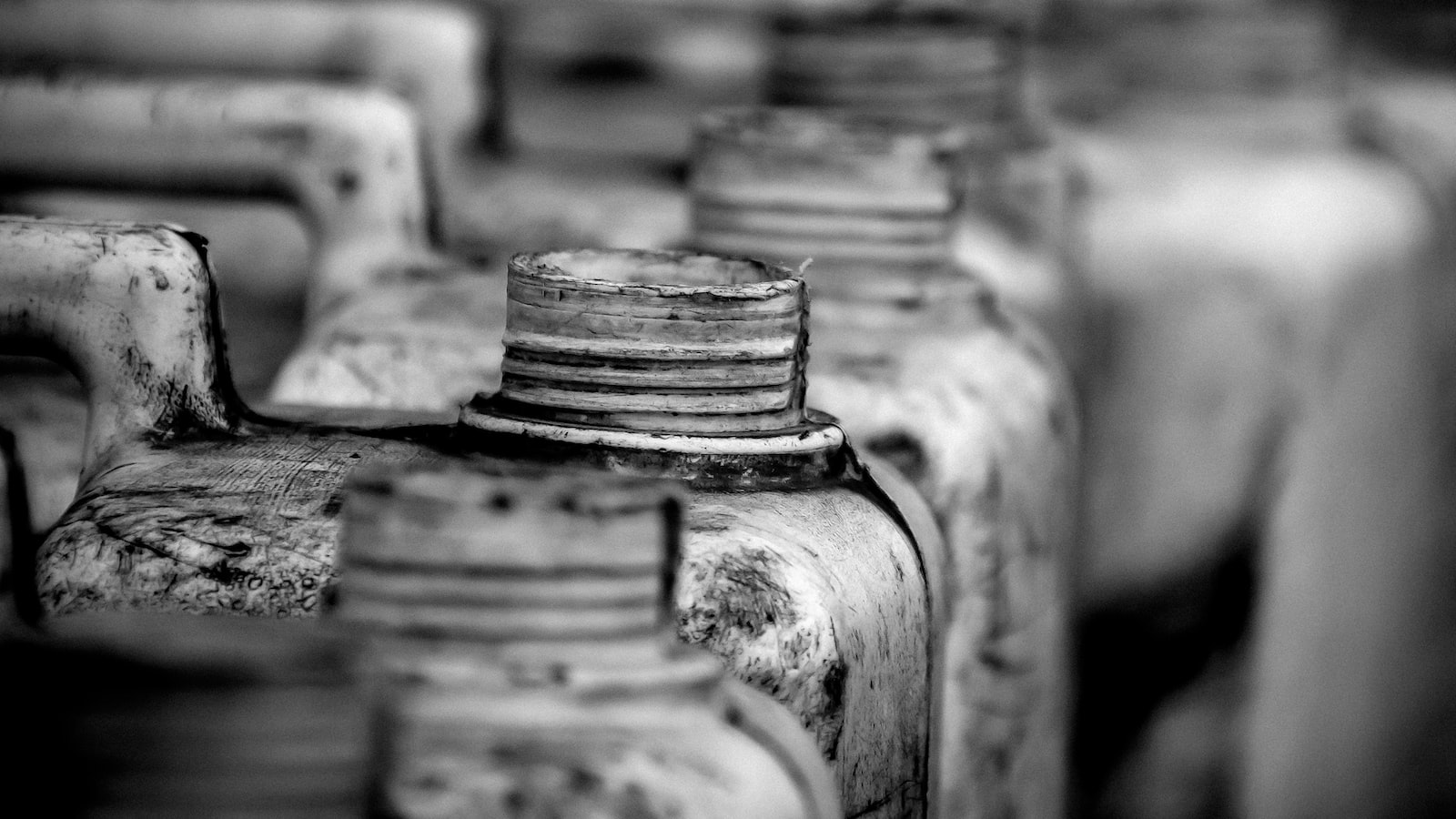The global plastic waste crisis has reached alarming levels, causing extensive damage to our planet and ecosystems.
Traditional plastics, derived from petrochemicals, have become a significant environmental concern due to their
non-biodegradable nature and excessive production and consumption.

The Need for Alternatives
In the face of this crisis, there is an urgent need for alternatives to petrochemical plastics. Various sustainable
substitutes have emerged, offering promising solutions to mitigate the detrimental effects of excessive plastic
waste on our environment.
Bioplastics
One alternative gaining traction is bioplastics. These plastics are derived from renewable resources like plants
such as corn, sugarcane, and potato starch. Unlike traditional plastics, bioplastics are compostable, making
them environmentally friendly. They offer a sustainable solution by significantly reducing our reliance on
fossil fuels and curbing plastic pollution.

Recycled Plastics
Another effective approach to combating the plastic waste crisis is increasing the use of recycled plastics. By
adopting a circular economy model, where plastics are recycled and reused instead of being discarded, we can
significantly reduce the environmental impact of plastic waste. Advancements in recycling technologies make it
possible to transform used plastics into high-quality materials for various applications.

Mycelium Packaging
Mycelium, the vegetative part of mushrooms, is a remarkable alternative to traditional plastic packaging. It can be
grown and molded into various shapes and sizes, allowing for custom packaging solutions. Mycelium packaging is
biodegradable, compostable, and requires less energy and water to produce compared to petrochemical-based
packaging. It represents a sustainable and eco-friendly alternative that can reduce plastic waste substantially.

Conclusion
The plastic waste crisis demands immediate action to protect our environment. By embracing alternatives to
petrochemical plastics, such as bioplastics, recycled plastics, and mycelium packaging, we can drive positive
change and move towards a more sustainable future. It is crucial for governments, industries, and individuals to
prioritize the adoption and development of these alternatives to tackle the plastic waste crisis effectively and
preserve the health of our planet for future generations.





